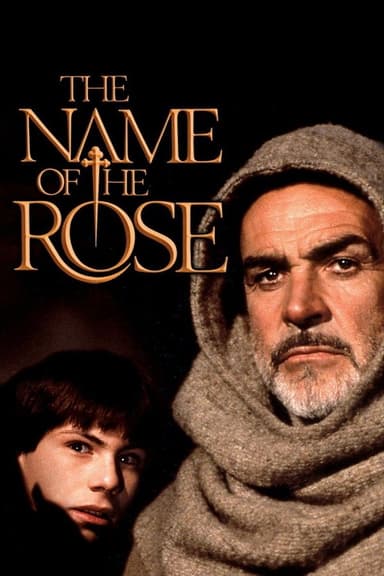
The Running Man
1987 • Action, Science Fiction, Thriller • R
By 2017, the global economy has collapsed and U.S. society has become a totalitarian police state, censoring all cultural activity. The government pacifies the populace by broadcasting a number of game shows in which convicted criminals fight for their lives, including the gladiator-style The Running Man, hosted by the ruthless Damon Killian, where “runners” attempt to evade “stalkers” and certain death for a chance to be pardoned and set free.
Runtime: 1h 41m
Why you should read the novel
If you appreciate layered, thought-provoking storytelling, the original novel of The Running Man by Stephen King (writing as Richard Bachman) offers a far richer experience than the film. The book delves deeply into the psyche of a desperate man forced to play a deadly game for survival amid extreme societal decay. Its world is bleak, immersive, and hauntingly prescient, painting a far darker and more nuanced portrait of future entertainment and governmental control.
Reading the book allows you to witness Ben Richards not as a muscled hero, but as an everyman under siege, wrestling with personal vulnerability, loss, and moral ambiguity. The novel's tension and relentless pace stem from an escalating sense of paranoia and isolation far removed from blockbuster spectacle.
The Running Man’s stark social criticism, emotional intensity, and complex characters invite readers to confront questions about exploitation, economic injustice, and the power of resistance. Engaging with the book is a different, and arguably more rewarding, intellectual and emotional journey than the film can provide.
Adaptation differences
The 1987 film adaptation of The Running Man diverges significantly from the book in setting, tone, and characterization. Where the novel’s Ben Richards is a desperate, impoverished man willing to risk everything to save his sick daughter, the film transforms him into a wrongfully accused ex-cop played by muscle-bound Arnold Schwarzenegger. This turns the story into a more traditional action vehicle and drastically changes the protagonist’s motivation and personality.
In the novel, the deadly game is a grim, nationwide manhunt broadcast to a desperate public, with Richards evading Hunters and ordinary citizens in a harsh dystopian landscape. The film confines the action to a gaudy, game-show arena, transforming the lethal contest into a gladiatorial spectacle complete with themed “stalkers” and over-the-top set pieces. This shift reduces the book's realistic paranoia and bleakness, replacing them with camp and showmanship.
The social commentary in King’s novel is biting and direct, focusing on issues like poverty, media manipulation, and institutionalized cruelty. The movie, while satirical, softens these edges in favor of fast-paced action and simplified good-versus-evil dynamics. As a result, the existential despair and critique of systemic oppression so central to the book are largely missing from the adaptation.
Finally, the endings differ substantially. The novel concludes with Richards making the ultimate sacrifice in a dramatic, morally complex act, challenging the dystopian system at great personal cost. The film opts for a crowd-pleasing finale, with the hero surviving and toppling the corrupt regime in triumphant Hollywood fashion. These changes underscore the film’s emphasis on entertainment over introspection, fundamentally altering the story’s impact and message.
The Running Man inspired from
The Running Man
by Stephen King














